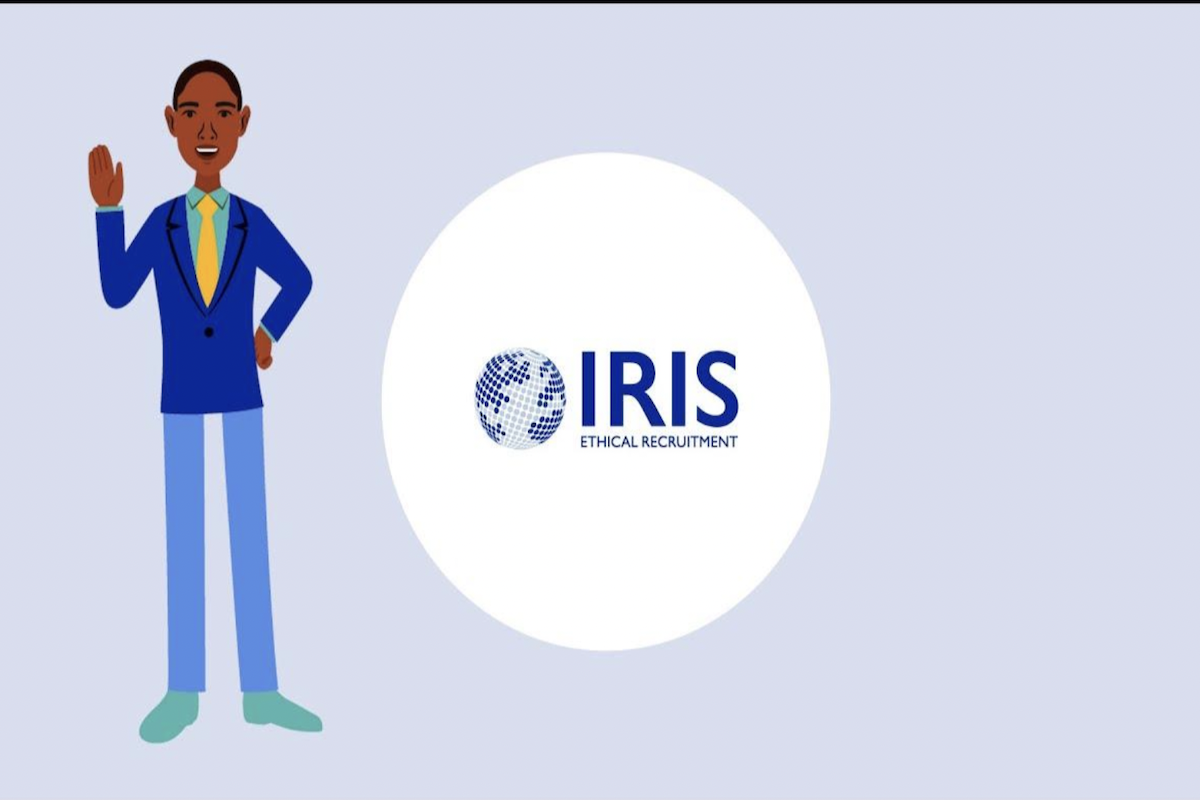Young scientist Deepika looks to skies for glory
Sky is the limit for her and she aims to get her name inscribed on nothing less than a planet.…
The IRIS explains what ethical recruitment means in practice, and what labour recruiters need to demonstrate to become IRIS certified.

IRIS
For thousands of years employers have been hiring workers from outside of their ecosystems. In today’s fast changing world, employers in the developed world hire millions of workers from the less developed countries. Unfortunately, the staffs/employees are typically not directly connected to their prospective employees.
Most of the time various middlemen, also called agents or brokers, make up the connection chains between employers (organisations) and employees. Such agents often sell employment opportunities to prospective labour migrants, often making them sound more attractive than they actually are, so that they can charge higher fees. As a result of the actions of these middlemen or brokers, everyone suffers.
Advertisement
Meanwhile, labour migrants are often cheated and abused, while their employers suffer from churn and inefficiencies. The process that exists today is largely based on unethical recruitment practices.
Advertisement
While in other hand, ethical recruitment means hiring workers lawfully, and in a fair and transparent manner that respects and protect their dignity and human rights.
IRIS: Ethical Recruitment, is IOM’s global initiative to promote ethical recruitment of migrant workers. It has been created by International Organization for Migration (IOM) and a coalition of partners from government, civil society and the private sector.
The IRIS explains what ethical recruitment means in practice, and what labour recruiters need to demonstrate to become IRIS certified.
IRIS is a voluntary multi-stakeholder certification system for international labour recruiters which is based on international human rights instruments, International Labour Organization (ILO) conventions and guidelines, as well as best practice from the recruitment industry.
This initiative helps to protect and empower migrant workers by eliminating exploitation in the recruitment process as well as helps recruiting agencies gain competitive market advantage by establishing themselves as fair, transparent and responsible entities.
IRIS also guides employers and brands to improve transparency in the cross-border recruitment process; it also supports with due diligence to identify labour recruiters that comply with ethical recruitment principles. Unethical recruitment exposes workers and brands to reputational damage, and sometimes even legal liabilities. It also causes skills mismatches and poor staff retention rates which lead to losses in productivity and quality.
International Recruitment Integrity System (IRIS) works by defining and setting a benchmark for ethical recruitment (the IRIS Standard), and through establishing a voluntary certification scheme for ethical labour recruiters, and a compliance and monitoring mechanism.
IRIS is on a mission to transform the international recruitment industry to make it fair for workers, recruiters, and employers. It does this by promoting respect for the rights of migrant workers; enhancing transparency and accountability in recruitment process; advancing the employer pays principle; and strengthening public policies, regulations and enforcement mechanisms.
The IRIS capacity building programme uses tools developed to support recruiters, employers, NGO and governments to implement ethical recruitment across the world.
The International Organization for Migration (IOM) has a number of initiatives to protect the rights of migrant workers. The International Recruitment Integrity System (IRIS), for one, promotes “ethical international recruitment.” While, the another flagship initiative is the Eliminating Slavery and Trafficking (CREST) program that works with companies to “tackle the vulnerabilities of migrant workers in supply chains.”
Advertisement